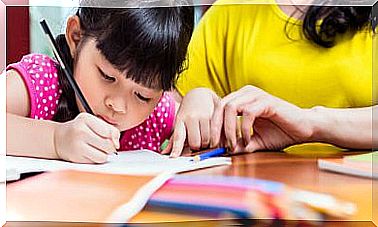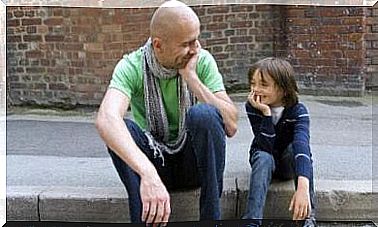Outdoor Lessons: What Is Nature Education?
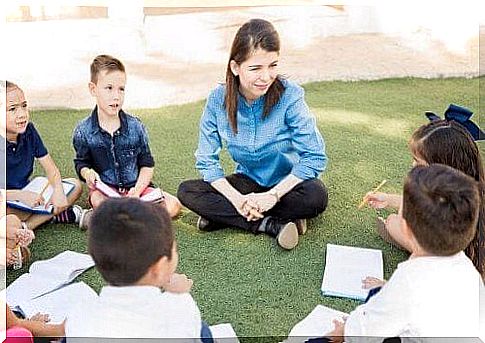
The generations are alternating, there is no doubt about that. Nowadays, children get bored with traditional teaching methods. This is why many schools and parents use something like nature education, that is, outdoor teaching.
Do you want to know what this is all about? Then read on below.
What is nature education?
Until a few years ago, many believed that teaching could only take place in a classroom. In doing so, the children need to concentrate and carefully follow the teacher’s lessons on the blackboard.
However, all of that has changed. Although there are still classes, more and more schools are opting for new, more effective methods. This also includes lessons outdoors .
Basically, it is a concept in which nature and environmental protection are a very important part of the lesson. Also , children are allowed to be more creative in this type of education. You can breathe fresh air and exercise without realizing it.
Outdoor lessons can take place in a park, school yard, orchard, beach, countryside, forest, or mountain – the possibilities are endless!
This model may appear new in some countries. But the truth is that nature education is already practiced in many countries.
In Germany, Norway, Finland and Sweden, for example, this model is widely used in both private and public schools.
Outdoor lessons: purpose of nature education
The main goal of this method is that children have full contact with nature from a young age. That works even if you live in a big city.
This relationship with the environment enables children to improve their physical and mental development.
This is because they are stimulated by what they see around them without affecting their “traditional” learning, that is, math, literature, history, etc.
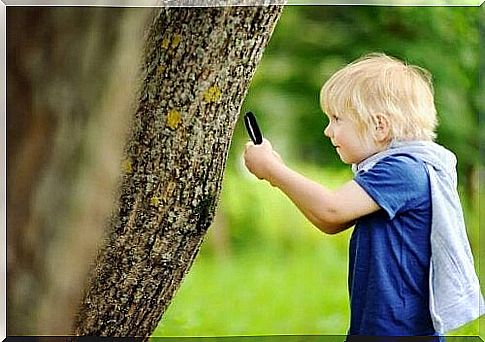
Outdoor lessons do not neglect the normal subjects, but only cover other subjects. For example, he emphasizes:
- creativity
- Self esteem
- autonomy
- Entrepreneurship
- Teamwork
- Self-confidence
- respect
- Protection of natural resources
Experience teaching outdoors
The fact is that children in big cities have significantly less contact with nature. That makes them more dependent on technical and screen-oriented things. In addition, the relationships they have with other children their age are severely diminished.
Therefore, nature education is an excellent way to get in touch with the environment. Mainly, it gives students more space to interact than in a classroom.
Some children attend summer camps outside of their city to have contact with the great outdoors. These camps complement the training, but are not enough.
When children are young, they need space to move around as much as possible. Schools that teach outdoors are a perfect way to encourage exercise.
How are the lessons in these schools?
The idea of schools implementing the nature education model is that “nature is the classroom”. Hence, these institutions try to spend most of the day outdoors.
The children can use a garden, have lunch in the shade of a large tree, analyze insects, watch birds, learn agriculture and ranching, and play sports on the lawn.
There are also classrooms outdoors with roofs and walls in which they can do other activities. At the same time, they offer protection when it is very hot or cold outside. Or when it rains or snows.
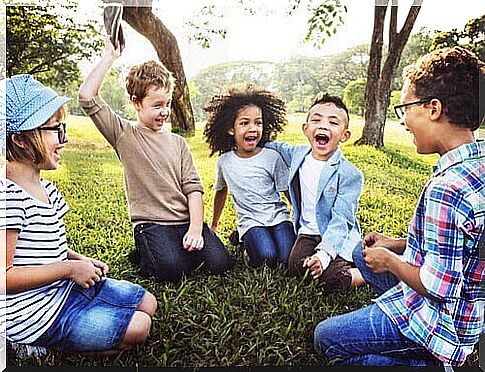
If you want to send your children to an outdoor school, but you are not sure whether this type of education is right for them, you can arrange a visit to such a school.
Classes only have a small group of children. Usually no more than 25 and the students are all of different ages. There they learn different subjects that are all interconnected.
This means that there are no math, biology or literature classes. On the contrary, they learn everything as a whole and combine all the concepts.
Of course there is also free time to play, go on adventures, learn languages, music and art and everything that children need to learn and grow. In short, they are a very good alternative to conventional schools and are becoming increasingly popular worldwide.



